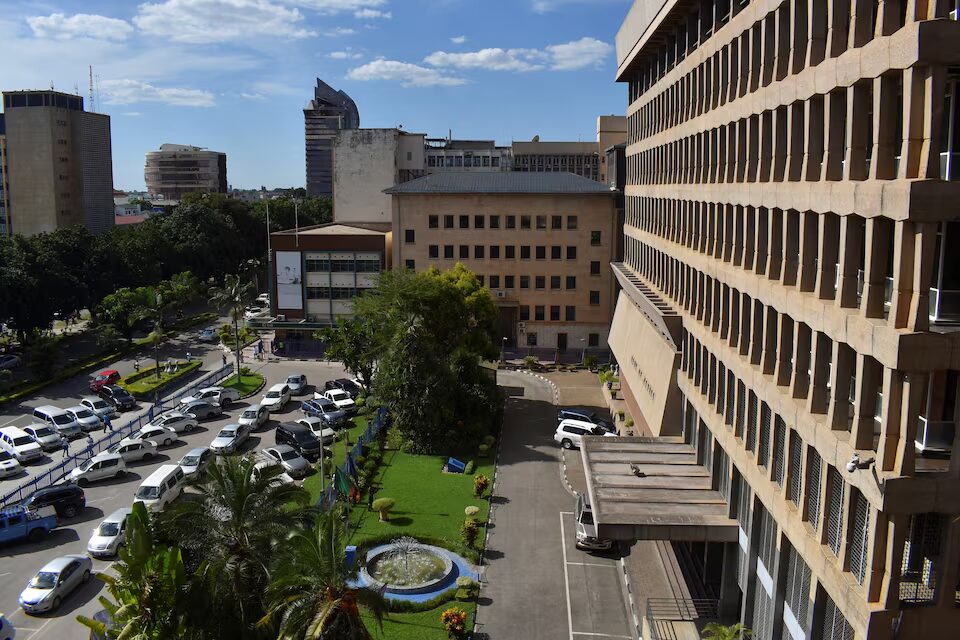
Wednesday 26th November 2025

by inAfrika Newsroom
The African Development Bank has launched high-level talks with Africa stock exchanges and development financiers to design a “New African Financial Architecture” and close the continent’s yawning funding gap. Bank President Dr Sidi Ould Tah met exchange chiefs in Abidjan on 18 November to discuss how local markets can mobilise more long-term capital for infrastructure, climate, and private-sector growth. Officials said the meetings mark the start of a joint blueprint for deeper, more resilient markets.
According to the AfDB, Africa stock exchanges will be treated as core levers in a broader plan to channel savings into productive investment, including green and social bonds. The initiative will examine listing rules, liquidity constraints and regional cross-listings, while encouraging more African institutional investors to raise their exposure to local assets. Moreover, the Bank plans to align the discussions with ongoing work on a pan-African credit rating agency and guarantees that can lower borrowing costs for issuers.
Early proposals include coordinated technical assistance for smaller exchanges, digital platforms that reduce trading and settlement costs, and common standards for sustainability disclosures. In addition, the AfDB wants to see more SMEs and climate-linked projects tap public markets instead of relying solely on bank loans or external hard-currency debt. Further meetings with sovereign wealth funds, pension funds and regional DFIs are scheduled in the coming months.
The Africa stock exchanges agenda will also feed into ongoing G20 and COP30 conversations about reforming global finance. AfDB officials argue that African economies need stronger domestic markets to complement multilateral lending and concessional flows, especially as debt vulnerabilities rise. Therefore, the Bank is positioning exchanges as central nodes in a future architecture that blends local-currency issuance, regional integration and innovative de-risking tools.
A stronger ecosystem around Africa stock exchanges can slowly shift the continent away from expensive, short-term borrowing and volatile capital flows. Deeper markets help governments and firms raise local-currency funding for roads, ports, power and digital infrastructure, while giving households more options to save and invest. Better liquidity and stronger governance can also attract patient international investors who are currently cautious about frontier markets. Over time, this push could reduce Africa’s dependence on a few external lenders, widen ownership of African growth, and give policymakers more tools to manage shocks without sacrificing development plans.


